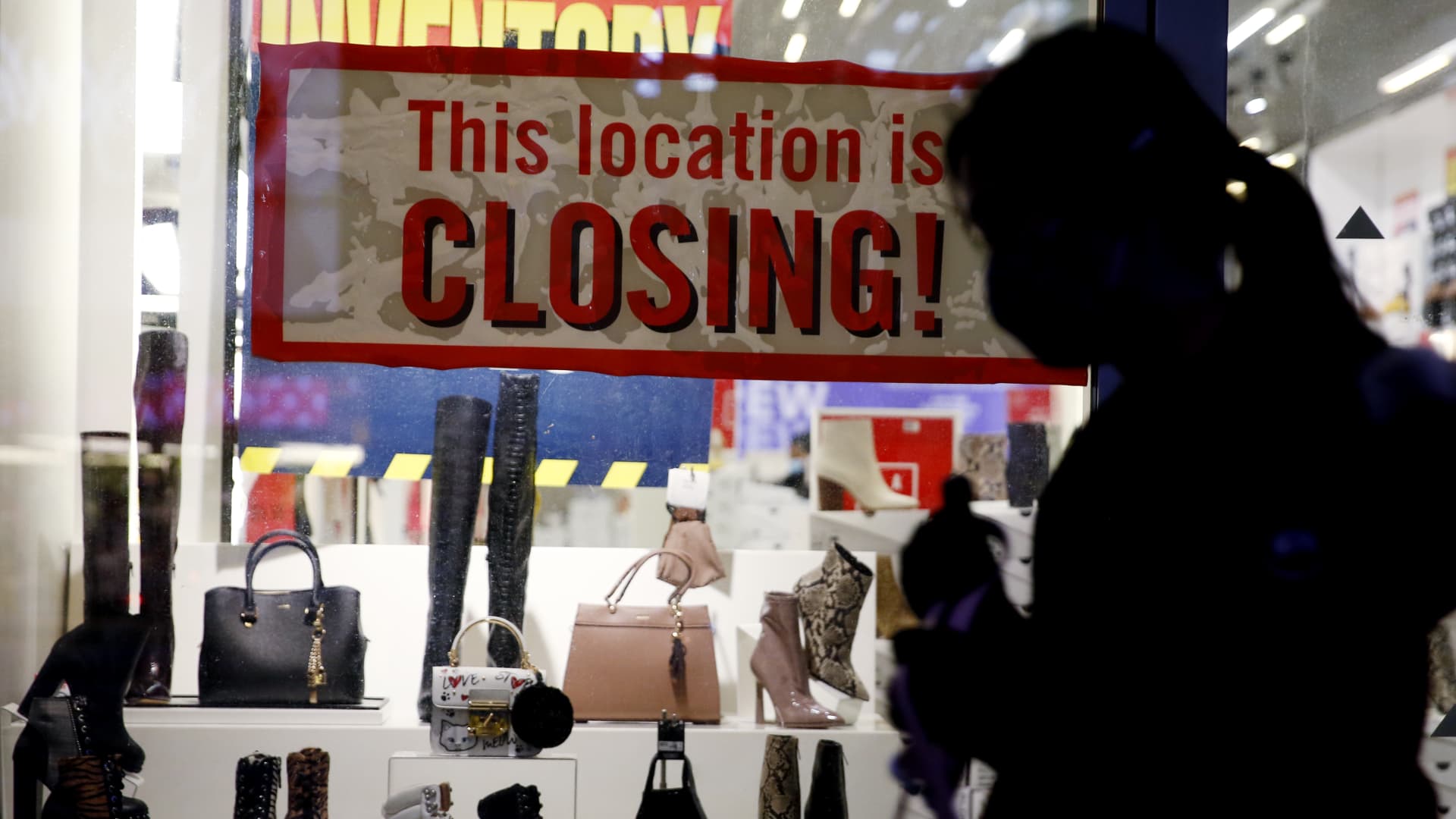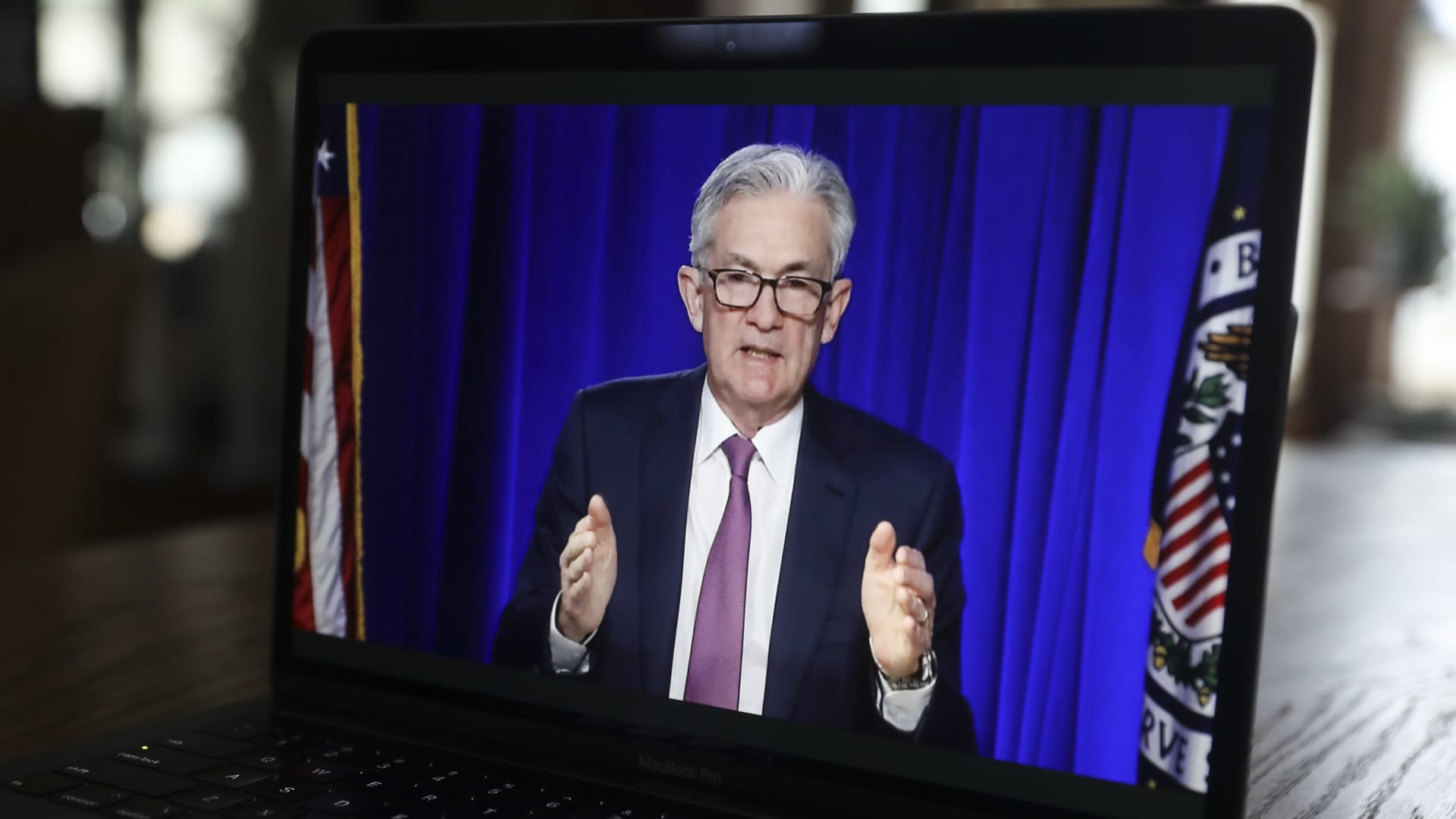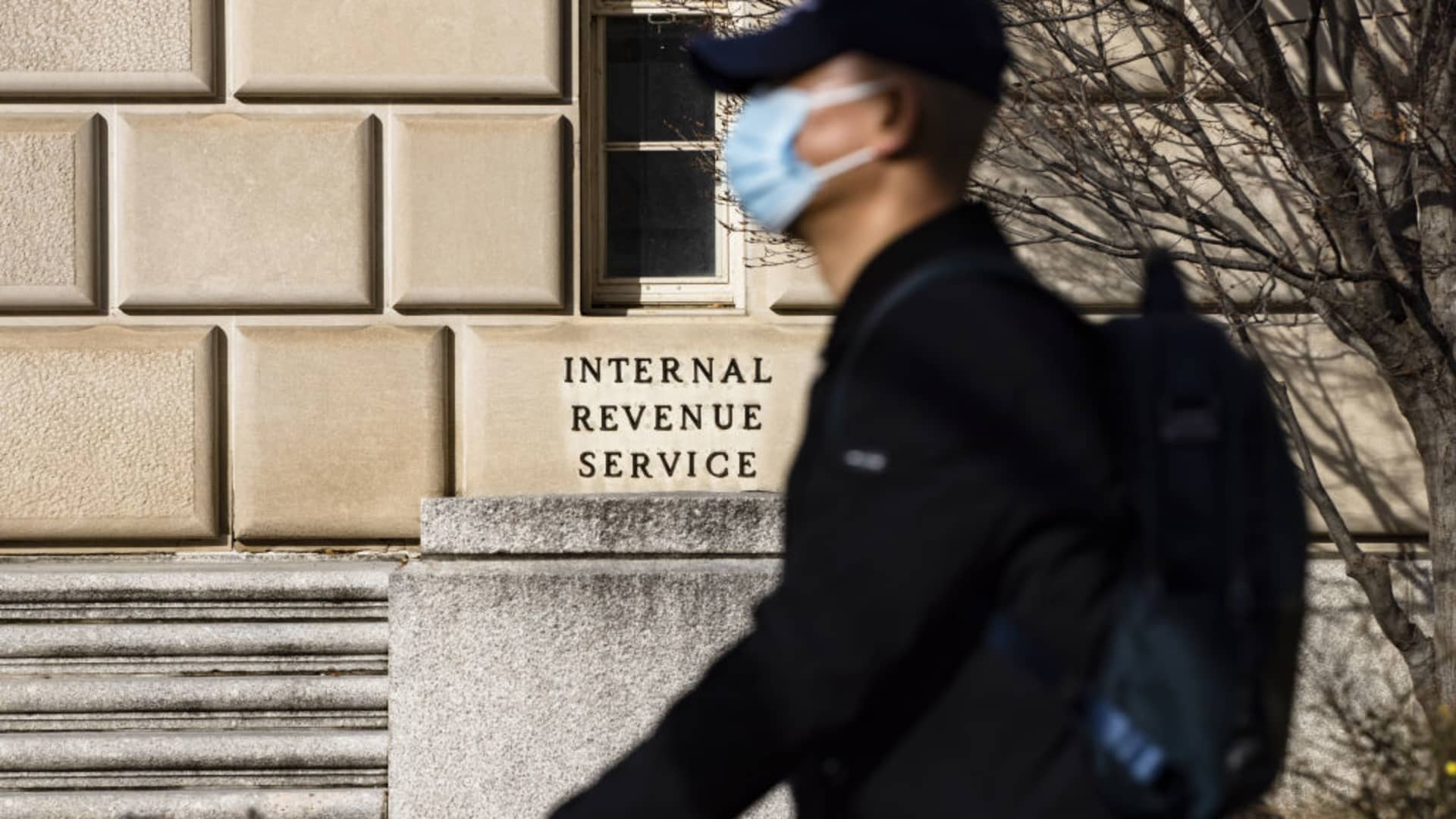
Here are the most important news, trends and analysis that investors need to start their trading day:
- Nasdaq, S&P 500 futures hit by another jump in Treasury yields
- Bond traders continue to battle the Fed on rates
- Top Biden officials and Chinese diplomats set to meet
- House to vote on two immigration bills, including one for 'Dreamers'
- Federal April 15 tax filing day delayed until May 17
1. Nasdaq, S&P 500 futures hit by another jump in Treasury yields
Get a weekly recap of the latest San Francisco Bay Area housing news. Sign up for NBC Bay Area’s Housing Deconstructed newsletter.
Nasdaq and S&P 500 futures fell Thursday as the 10-year Treasury yield surged to a 14-month high. The tech-heavy Nasdaq reversed steep losses Wednesday as Treasury yields came off their highs of the day after Federal Reserve Chairman Jerome Powell soothed market concerns about higher policy interest rates anytime soon. The Dow Jones Industrial Average closed above the 33,000 level for the first time ever. The S&P 500 also ended at a record high. Dow futures were steady Thursday.

While raising its outlook for economic growth and inflation, the Fed cut its unemployment rate forecast to 4.5% this year. The unemployment rate was 6.2% in February. In another hint about the jobs picture, the Labor Department on Thursday morning reported a higher-than-expected 770,000 new filings for unemployment benefits last week, despite relaxed Covid mitigation measures. Economists had been expecting 700,000 initial jobless claims.
Money Report
2. Bond traders continue to battle the Fed on rates

Despite Fed assurances that near-zero rates likely won't rise through 2023, the 10-year Treasury yield Thursday touched 1.74%, a high back to January 2020, as traders continued to battle central bankers on rates. The rapid climb in the benchmark yield, which started this year under 1%, has been a drag on high-growth stocks, many of which are tech companies on the Nasdaq, as higher rates erode the value of future profits and squeeze market valuations. In addition to releasing projections Wednesday afternoon following its two-day March meeting, the Fed left rates and its asset purchase program unchanged.
3. Top Biden officials and Chinese diplomats set to meet

America's top diplomat early Thursday pressed China to use its "tremendous influence" to convince North Korea to abandon its nuclear program, hours after reclusive Pyongyang vowed to ignore any U.S. overtures to resume negotiations. Secretary of State Antony Blinken spoke at the end of security talks with South Korea in Seoul.
Blinken will meet senior Chinese officials in Anchorage, Alaska, on his way back to Washington later Thursday. Ties between the world's two largest economies have been torn for years and the Biden administration has yet to signal whether it's ready or willing to back down from the hard-line stance taken under former President Donald Trump.
4. House to vote on two immigration bills, including one for 'Dreamers'

The House was set to vote Thursday on a bill to give so-called Dreamers, immigrants brought to the U.S. as kids, full legal status and a chance for citizenship. A second measure would do the same for immigrant farm workers. Both measures seemed certain to pass. When similar versions of the bills passed the House in 2019, seven Republicans voted for the Dreamers bill and 34 backed the farm workers measure. However, GOP support is expected to plummet this time as the party rallies behind demands for tougher restrictions at the U.S.-Mexico border.
5. Federal April 15 tax filing day delayed until May 17

The federal April 15 tax filing day has been postponed about a month. Taxpayers can also delay payment of any money owed the IRS until May 17. However, the extended deadline applies only to federal income returns and taxes, meaning that taxpayers will need to check to see if due dates for state taxes have been changed. Not all states follow the same filing schedule as the federal government. Calls to delay Tax Day intensified after passage of the latest Covid relief plan, which tasks the IRS with sending another round of direct payments at the same time it usually processes tax returns and refunds.
— The Associated Press contributed to this report. Get the latest on the pandemic with CNBC's coronavirus blog.






